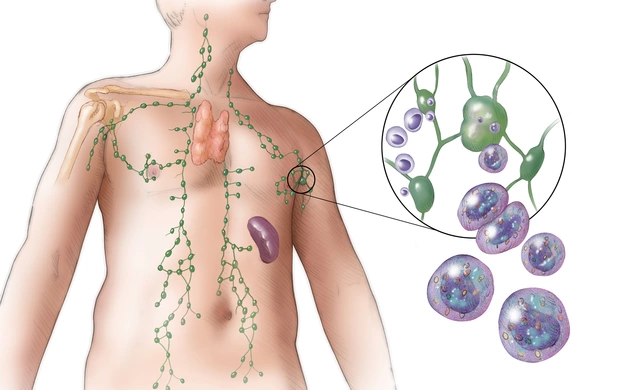Brain Fog: What It Is and How to Start Clearing It Today
Feeling spaced out, slow, or like your thoughts stick in molasses? That’s brain fog — a fuzzy, tired-feeling mind that makes work, conversations, and decisions harder. It’s not a diagnosis by itself but a symptom with many causes. You can often improve it with a few practical changes and the right checks with your doctor.
Common causes you can fix
Sleep problems: Poor sleep knocks down attention and memory fast. Aim for 7–9 hours and a regular bedtime. Even two weeks of better sleep helps.
Stress and anxiety: When your nervous system is on high alert, your brain can’t focus. Short daily breathing breaks, a 10-minute walk, or simple meditation reduce fog more than you expect.
Diet and dehydration: Low blood sugar or being thirsty makes thinking fuzzy. Eat regular meals with protein and healthy fats, and carry water. Skipping meals or relying on too much sugar or caffeine worsens fog.
Medications and substances: Many drugs list “mental slowness” as a side effect — antihistamines, some pain meds, sleep aids, and certain antidepressants. If fog started after a new medicine, talk to your prescriber.
Medical issues: Low thyroid, anemia, vitamin B12 deficiency, infections, and long-COVID commonly cause brain fog. These need blood tests. If you suspect one of these, ask your doctor for specific checks.
Simple daily plan to reduce brain fog
Morning: Get sunlight within 30 minutes of waking to set your body clock. Have a protein-rich breakfast and drink a glass of water.
Work blocks: Use 45–50 minute focus blocks with 10–15 minute breaks. Move during breaks — even a short walk boosts clarity.
Nutrition: Lunch with veggies, lean protein, and whole grains keeps energy steady. Avoid heavy carbs that lead to afternoon crashes.
Evening: Dim lights an hour before bed, limit screens, and skip caffeine after mid-afternoon.
Supplements: B12, vitamin D, and omega-3s can help if you’re deficient. Don’t start supplements without checking levels or talking with your doctor.
If you try these steps for 2–4 weeks and see no improvement, or if fog comes with sudden memory loss, fainting, severe headaches, or personality changes, get medical attention promptly. Also see a clinician if fog started after a new drug or after an infection like COVID-19.
Small, consistent changes usually make the biggest difference. Focus on sleep, hydration, steady meals, and simple movement. And remember: testing for thyroid function, B12, hemoglobin, and vitamin D often answers the question quickly. If you want, I can suggest a short checklist to take to your doctor or a 7-day plan you can try right now.

Potential Benefits of Anti-Herpes Drug Valtrex for Long COVID Symptoms Explored
Exploring the potential of anti-herpes drug valacyclovir (Valtrex) in alleviating long COVID symptoms like brain fog based on personal experiences and expert suggestions. The drug's impact on cognitive function improvement is discussed along with hypotheses and calls for further research.
Detail




